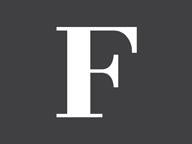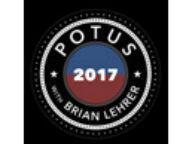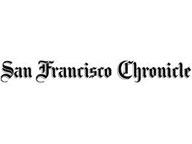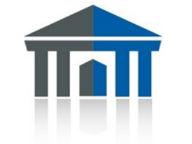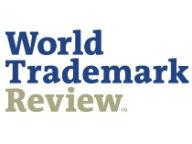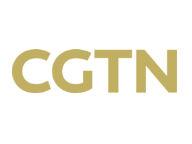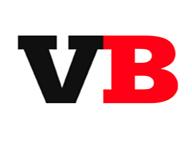Faculty News
—
Professor Pankaj Ghemawat is interviewed about protectionism and globalization
—

Excerpt from Bloomberg -- "I think obviously Trump's election was a signal event, but, that said, companies were starting to sense a more protectionist climate well before Trump's election or even Brexit. I remember Jeff Immelt coming to NYU Stern to do the MBA commencement address in May 2016 and his whole point was the world has turned more protectionistic and therefore, GE was going to localize. So, that's a fairly early but very influential example of how some companies are trying to change their strategy."
Faculty News
—

Excerpt from Bloomberg -- "I think obviously Trump's election was a signal event, but, that said, companies were starting to sense a more protectionist climate well before Trump's election or even Brexit. I remember Jeff Immelt coming to NYU Stern to do the MBA commencement address in May 2016 and his whole point was the world has turned more protectionistic and therefore, GE was going to localize. So, that's a fairly early but very influential example of how some companies are trying to change their strategy."

